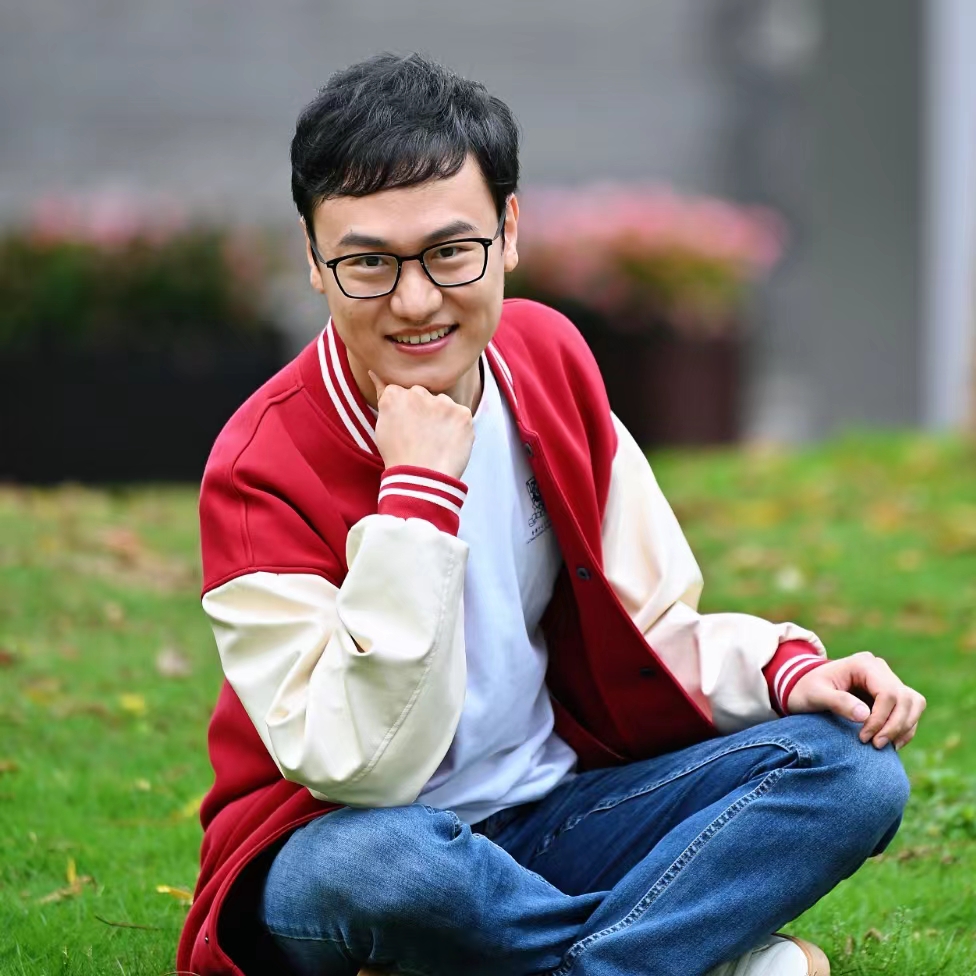Chenye WU
Assistant Dean (Education)
Assistant Professor
School of Science and Engineering
The Chinese University of Hong Kong, Shenzhen
Home
Research
CV
Teaching
ENLIGHT Lab
SocialContact
Email
TC 404A, 2001 Longxiang Blvd
Shenzhen, Guangdong 518172
Theme by orderedlist
京ICP备19043954号

I am actively recruiting students, postdocs, and visiting scholars! If you are interested, please do not hesitate to contact me via email for further information.
As an Assistant Professor and the Presidential Young Fellow at the School of Science and Engineering, The Chinese University of Hong Kong, Shenzhen, I am committed to advancing the field of power systems, and I am leading the ENLIGHT (ENergy analyticaL insIGHTs) Lab at CUHK-Shenzhen. ENLIGHT symbolizes insights inspiring innovation in energy. I completed my bachelor's degree in Electronic Engineering at Tsinghua University in 2009 and subsequently obtained my Ph.D. degree in Computer Science and Engineering from Tsinghua University in 2013, under the esteemed guidance of Prof. Andrew Yao, a Turing Award Laureate. I am currently the Assistant Dean in Education of School of Science and Engineering, at the Chinese University of Hong Kong, Shenzhen.
My research has resulted in over 100 publications in leading journals and conferences, such as IEEE Transactions on Power Systems, IEEE Transactions on Smart Grid, and IEEE Transactions on Sustainable Energy. Since February 2022, I have been contributing to IEEE Systems Journal as an Editorial Board Member. Since April 2025, I have also been contributing to IEEE Transactions on Smart Grid and IEEE Power Engineering Letters as an Editorial Board Member, and IEEE SmartGridComm 20225 as the TPC co-Chair. My work has been recognized with three best paper awards, including those from IEEE SmartGridComm 2012, IEEE PES General Meeting 2013, and IEEE PES General Meeting 2020.
My research focuses on pioneering a new paradigm for power grid operation, driven by data and innovative computer science approaches. I aim to capture the essence of power systems and derive theoretical guarantees for the performance of proposed methods, whether in terms of cost-effectiveness, robustness, or efficiency.
I challenge conventional wisdom in power system operations, revisiting fundamental questions to uncover misinterpretations and myths that may hinder optimal performance. Here are a few examples of commonly-held beliefs that my research challenges:
- Does the best load predictor always lead to the most efficient system, or are we misinterpreting "winner-take-all" effects? [See Chenbei's paper here.]
- Is individual benefit during energy imbalance market information sharing detrimental to the system as a whole? [See Jingshi's paper here.]
- Is convex hull pricing inherently superior to traditional locational marginal pricing, or is this an oversimplification? [See Jian's paper here.]
- Is it optimal for EV charging stations to attract every consumer, or is this a misconception? [See Chenbei's paper here.]
- Who should manage the flexibility provided by storage systems: the system operator or the storage owner? [See Nan's paper here.]
- How can we balance user privacy preservation with operational needs? [See a list of my publications here.]
- Will power flow become equivalent to network flow with the widespread deployment of power electronic devices, or do we need a more cautious approach? [See Nan's paper here.]